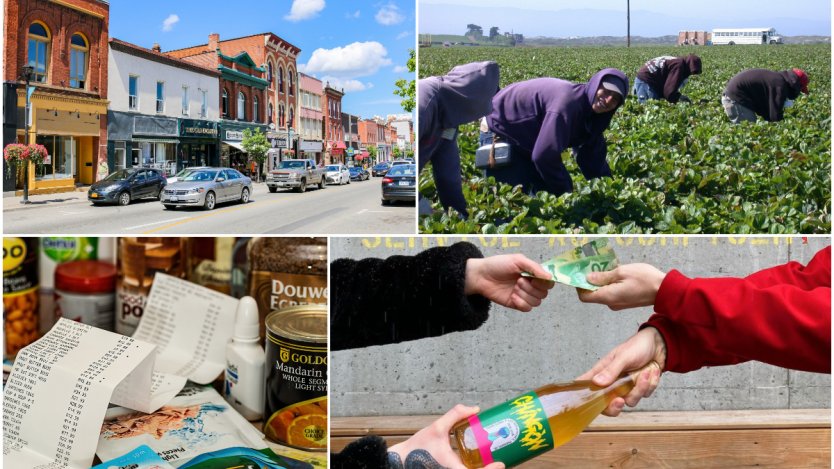The 11th annual edition of Canada’s Food Price Report was published this week, and although widespread closures lead to Canadians spending slightly less than expected on food in 2020, food prices are expected to rise across the board going forward.
As such, many discerning Canadians will be looking to make sure the money they do spend goes toward supporting local businesses, and one Toronto woman is making that easier than ever with her ‘Not Amazon’ website.
Finally, after dozens of Montreal restaurants joined forces on social media to protest the province’s restrictions on alcohol delivery, the Quebec government rushed to pass a bill that will permit its sale through delivery apps–with or without the sale of food.
Here are five stories you might have missed in food news this week.
Canada’s Food Price Report suggests rising prices in 2021
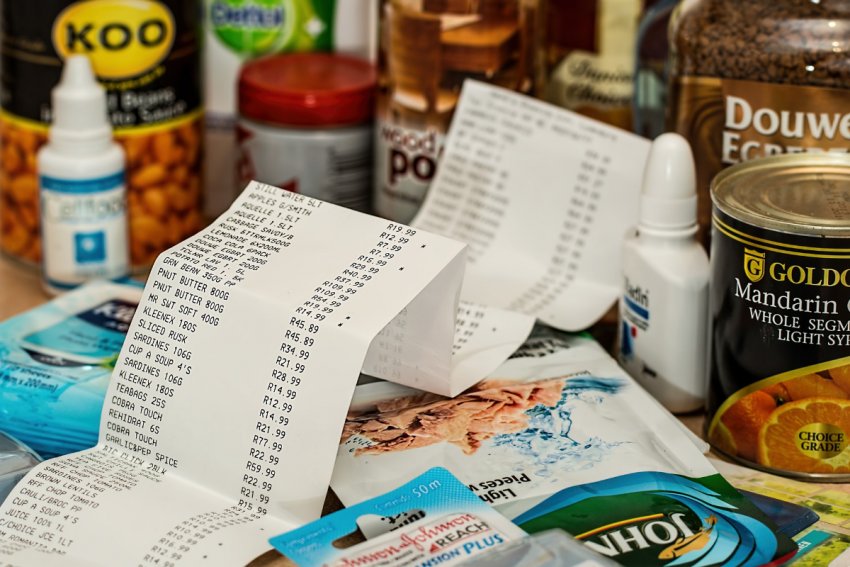
The 11th annual edition of Canada’s Food Price Report was published this week, and as many experts predicted since the onset of the pandemic, the price of food for Canadians is expected to increase.
The report, which for the first time featured cross-country collaboration between Dalhousie University, the University of Guelph, the University of Saskatchewan, and the University of British Columbia, forecasts an overall increase of 3 to 5 per cent, with the largest increases coming for poultry, baked goods, and vegetables.
Head to Global News for the full breakdown.
Migrant farm workers unable to return home
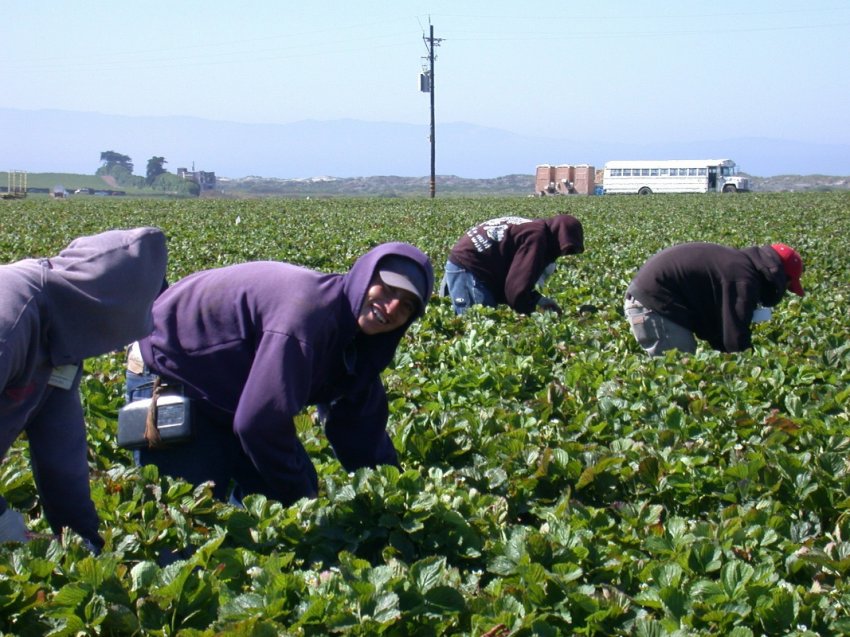
After answering the call for aid from Canadian farms across the country and labouring throughout the pandemic, hundreds of migrant farm workers from Trinidad and Tobago are currently facing the prospect of not being able to return home for the holidays.
Many workers are now in the process of appealing to both the Trinidad and Tobago government and Canadian officials to allow them to return home, but due to Canada’s ever-increasing COVID-19 case numbers, so far only two have been granted permission.
Find out more at CBC News.
‘Not Amazon’ website promotes local Canadian businesses
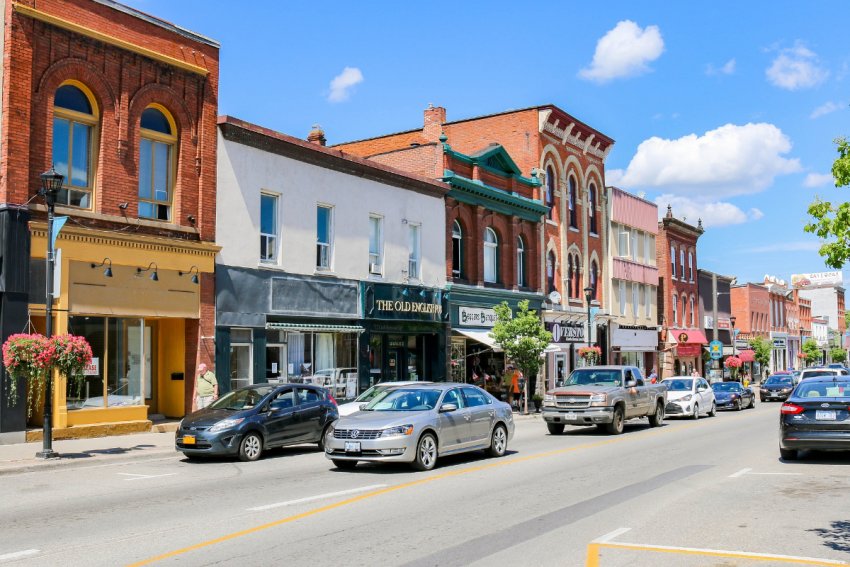
What started out as one Toronto woman’s attempt to centralize local BIPOC business offerings into one efficient website has grown into a cross-country movement of sorts with organic expansions into Halifax, Calgary, and Vancouver.
In the three weeks since Not-Amazon.ca went live, the website has received more than 100,000 views and has grown to feature more than 2,000 local businesses from the four cities.
Head to CBC News for the full story.
Saskatchewan business owner sells the most Toffifee in the world
Saskatchewan business owner Malcom Jenkins received a one-of-a-kind lifetime achievement award this week after his Prince Albert Canadian Tire location was confirmed as having sold the most Toffifee in the world in 2019.
Jenkins, who sold about 28,600 packages of Toffifee in a city with a population of about 40,000, also contributed one dollar from every package sold to local charities. This year, the funds will go toward building the province a new hospice.
Find the full story at CBC News.
Quebec campaign leads to green light for alcohol delivery
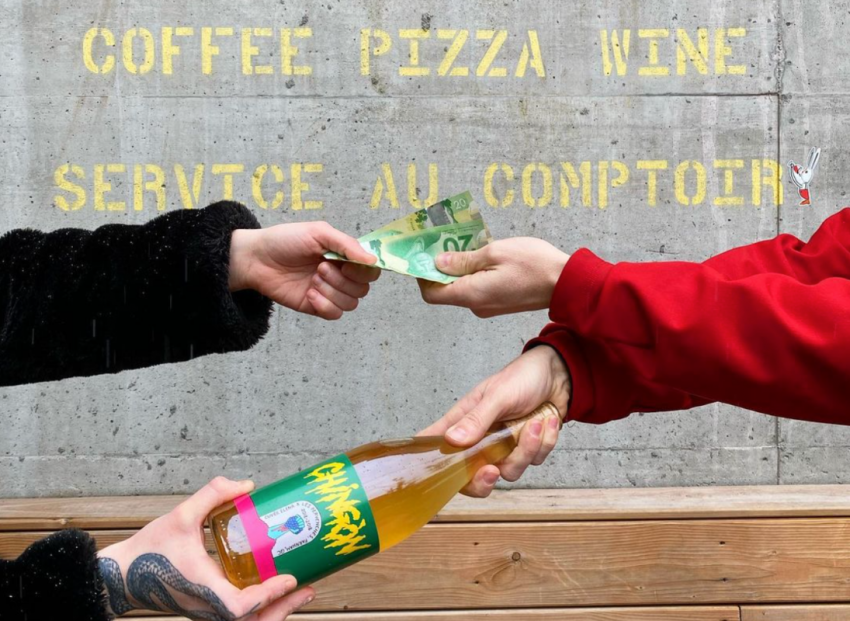
Dozens of Montreal restaurants joined forces this week to protest the province’s restrictions regarding restaurants’ ability to sell alcohol without food. Just one day after the group’s organized act of civil disobedience, the Quebec government rushed to pass a bill that will allow the sale of alcoholic beverages with or without food delivery orders.
Although Quebec restaurant owners are generally considering the amendment a win, many are still frustrated that the industry hasn’t received the financial help that was promised to it following the province’s second lockdown.
Visit CTV News for more.

